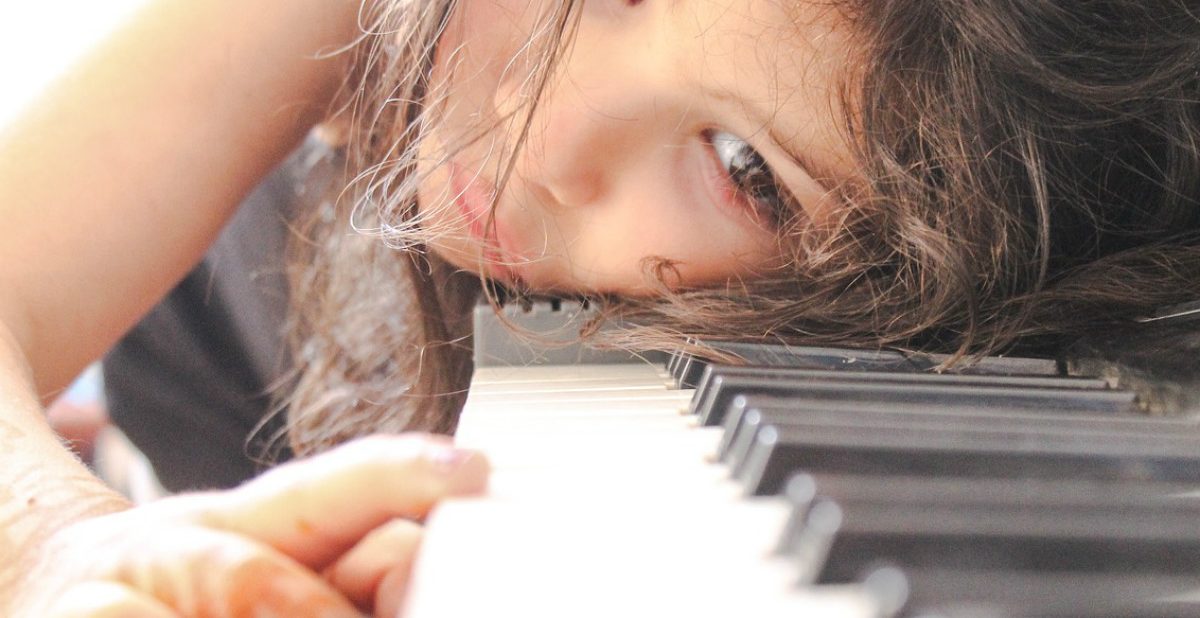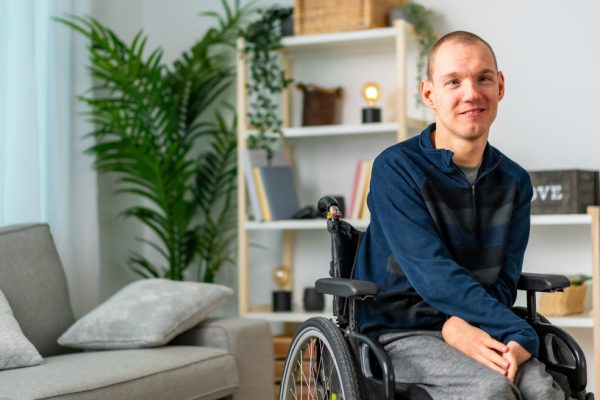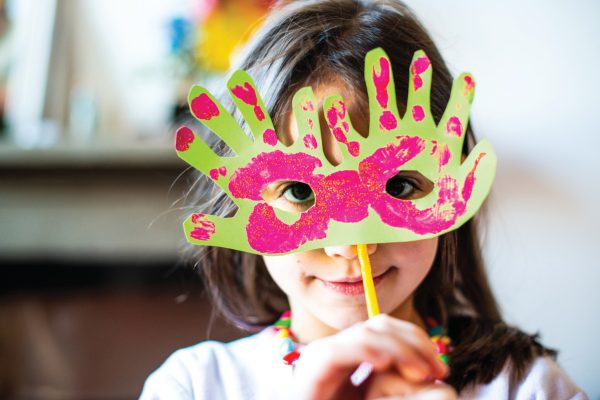
How music therapy can help children reach their goals
Adam walks into the music therapy room and heads straight to the Djembe drum, ready to play and tap with his hands. On the guitar I match his beat, wondering how he is feeling and making the music meet him where he is. After a few taps on the drum he engages with me on the guitar, looking up at me and strumming gently as I sing a greeting song. I pause at the end of the phrase, leaving him time to fill in the word with his sign for music.
This is the beginning of a typical music therapy session with a child with developmental delays. I match his attention span and follow his interests, playing music to engage him and responding if he needs more or less stimulation. I change the speed or the volume of the music I play. I might use a rock rhythm to energise or a series of flowing notes for a calmer mood. I’ll play his favourite song to catch his attention when it wanders and help him to cross his midline to play the windchimes.
Music therapy is the use of music as the medium for therapy. Music is uniquely engaging, accessing more areas of the brain through active music making that any other activity. For instance music can access control processes in the brain related to control of movement, attention, speech production, learning, and memory. In other words music stimulates us to move, to feel, to sing and to learn through making music.
A music therapist skilfully uses these properties of music to assist participants to achieve individual therapeutic goals. University trained, registered music therapists are bound by standards of practice and ethics, as set by the Australian Music Therapy Association. Therapy involves assessment, program planning based on goals, program implementation and evaluation. Music therapists can work across the age span in schools hospitals, homes, prisons, aged care and in the community.
When I see children with special needs I ask the parents to fill in information about their child while I engage with the child through music. I want to see what captures their attention, do they like fast music or slow? Which instruments do they explore and which hand to they use? I ask the parents about their child’s favourite songs and how they use music at home. Do they sing together or put relaxing music on to help with sleeping? Sometimes parents want guidance on how to best incorporate music into their lives and I always make song books up of the child’s songs so that they can follow through at home. Crucially for me is to find out what the goals are for their child which are not music related. With the NDIS these goals are written into plans,which focusses all therapies towards working on these goals together.
Recently, one mum wanted her child to be able to jump so I incorporate songs about frogs jumping (‘Der Glumph’ of course) and ‘5 little monkeys jumping on the bed’ into the session.
Another family wanted their child to use a louder voice so we worked on with a ‘volume meter’ and making loud musical exclamations in songs.
One young girl worked on fine motor strength in her right hand through playing the piano and proudly (if nervously!) performed at a school piano concert.
At JAM music therapy we employ this strengths based approach, which is inspired by DIR Floortime ™. We are also influenced by Nordoff Robbins Creative music therapy and Community music therapy approaches.
This means for parents, that we get down with the child, focus and develop the program and the session in line with their interests. The music used is based on the child’s preferences and may be known songs, specially composed or improvised songs. We use percussion instruments to play together as a group and move and dance together. I love to have the children play freely on the piano, supporting their music with my accompaniment.
From language skills to turntaking, playing the drums to the end of a song or dancing in a circle together, music therapy works with the whole child engaging them in the motivating and magical world of music making. Building on what a child can do, music therapy is very much a strengths based approach and by making music, working towards developmental goals is fun and engaging.
Music therapy harnesses the power and potential of music to motivate and encourage children to reach their goals.
If you wish to find out more about how music therapy can help your child please contact JAM music therapy 0414753420, look us up on Facebook or our website www.jammusictherapy.com






